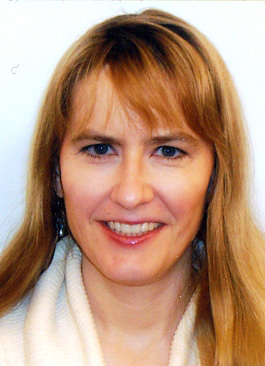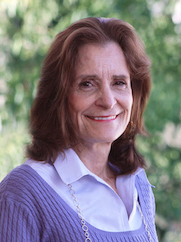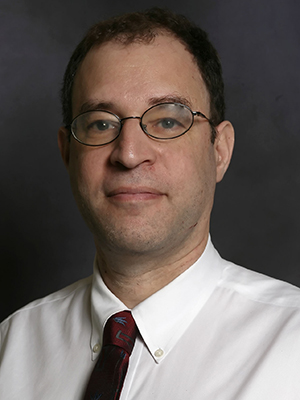30 November 2016
View Webinar Content
Presentation—Introduction to the webinar and panelists
Presentation—Meredydd Evans: Overview of Stakeholders Participation in Adoption and Implementation of Building Energy Codes
Presentation—Julia Martínez: Municipal Engagement in International Forums to Advance Energy Efficiency in Buildings: The Case of Mexico City
Presentation—Isaac Elnecave: Meeting Local Stakeholder Needs in Adoption and Implementation of Building Energy Codes in the United States
Transcript—Webinar audio transcript
The Clean Energy Solutions Center, in partnership with the Pacific Northwest National Laboratory, hosted this webinar on stakeholder engagement in the adoption and implementation of building energy codes.
Effective development and implementation of building energy codes requires engaging stakeholders from various sectors: government, private sector, utilities, research institutions and industry associations. Stakeholders can offer feedback that can result in more feasible code provisions. Involvement of stakeholders in code development can also ensure broader acceptance and better compliance. The webinar featured presentations on experiences with stakeholder engagement across countries that are members of the International Partnership for Energy Efficiency Cooperation (IPEEC) and of the Major Economies Forum (MEF). Presentations were followed by an interactive question and answer session with the audience.
Panelists
 Meredydd Evans, Senior Staff Scientist, Pacific Northwest National Laboratory
Meredydd Evans, Senior Staff Scientist, Pacific Northwest National Laboratory
Meredydd Evans is an energy policy and finance expert with over 20 years of international experience. She has worked on energy efficiency and clean energy policies and projects in numerous countries. She is a senior staff scientist at the Pacific Northwest National Laboratory (PNNL), where she manages a program on international sustainable energy, including efforts on building energy efficiency codes and retrofits, energy data for policy and clean energy investments. She began working at PNNL in 1994, and she was seconded to the International Energy Agency in Paris from 2002 to 2006. While at the IEA, she served as Acting Head of the Non-Member Country Division and she wrote two books on energy policy. Both works have been used by national governments in designing policies, laws and regulatory systems. In addition, she has she led assessments of climate-related investments and policies, and she has developed energy efficiency and greenhouse mitigation projects worth over $100 million. Ms. Evans has a B.A. from Columbia University’s Barnard College and an M.A. from Harvard University. She is fluent in five languages and has published numerous books and articles.
 Julia Martínez, WRI México
Julia Martínez, WRI México
Julia is a biologist graduate from the National Autonomous University of Mexico (UNAM) with a specialization in the Beth Israel Medical Center at New York City, United States. She has extensive experience in management, research and coordination of projects to mitigate and adapt to climate change, (energy efficiency and vulnerability assessments), technological routes to mitigate emissions in Mexico, and public policies among others. She worked at the Ministry of Environment and Natural Resources (SEMARNAT) at the National Institute of Ecology and Climate Change (INECC), for 21 years, where she coordinated the development of the Five National Communications of Mexico, which were submitted to The United Nations Framework Convention on Climate Change (UNFCCC). She was part of the Consultative Group of Experts on National communications from Non-annex Parties, of the UNFCCC for seven years (2005–2012). She has been working at WRI México (formerly CTS EMBARQ Mexico) since November 2014 on energy efficiency, collaborating on initiating in Mexico City the UN SE4ALL, Energy Building Accelerator, and she is working on the analyses of the National Determined Contributions of Mexico. For her important work and leadership in the areas of her specialty, and publications, Julia has received several awards from national and international organizations and institutions.
 Isaac Elnecave, Midwest Energy Efficiency Alliance
Isaac Elnecave, Midwest Energy Efficiency Alliance
Mr. Elnecave has spent 15 years as both an engineer and energy policy analyst. Currently, Mr. Elnecave is the Senior Policy Manager at the Midwest Energy Efficiency Alliance (MEEA) with responsibilities that focus on the building energy codes program. Prior to arriving at MEEA, Mr. Elnecave managed the appliance efficiency standards and building energy codes programs at the Northeast Energy Efficiency Partnerships, where he was responsible for promoting the adoption and effective implementation of both these policies through the development and dissemination of technical and policy related information. He was actively involved in the recently adopted stretch code in Massachusetts where he worked closely with the Executive Office of Energy and Environment to develop the stretch commercial code. Before this, Mr. Elnecave worked as a policy advocate for the Michigan Environmental Council, where he promoted policies and reviewed permits with the aim of cleaning up the dirty coal-fired powered plants that dot the region. The first half of his career was spent as a civil engineer focusing on the structural retrofitting of older buildings to help them withstand earthquakes.
